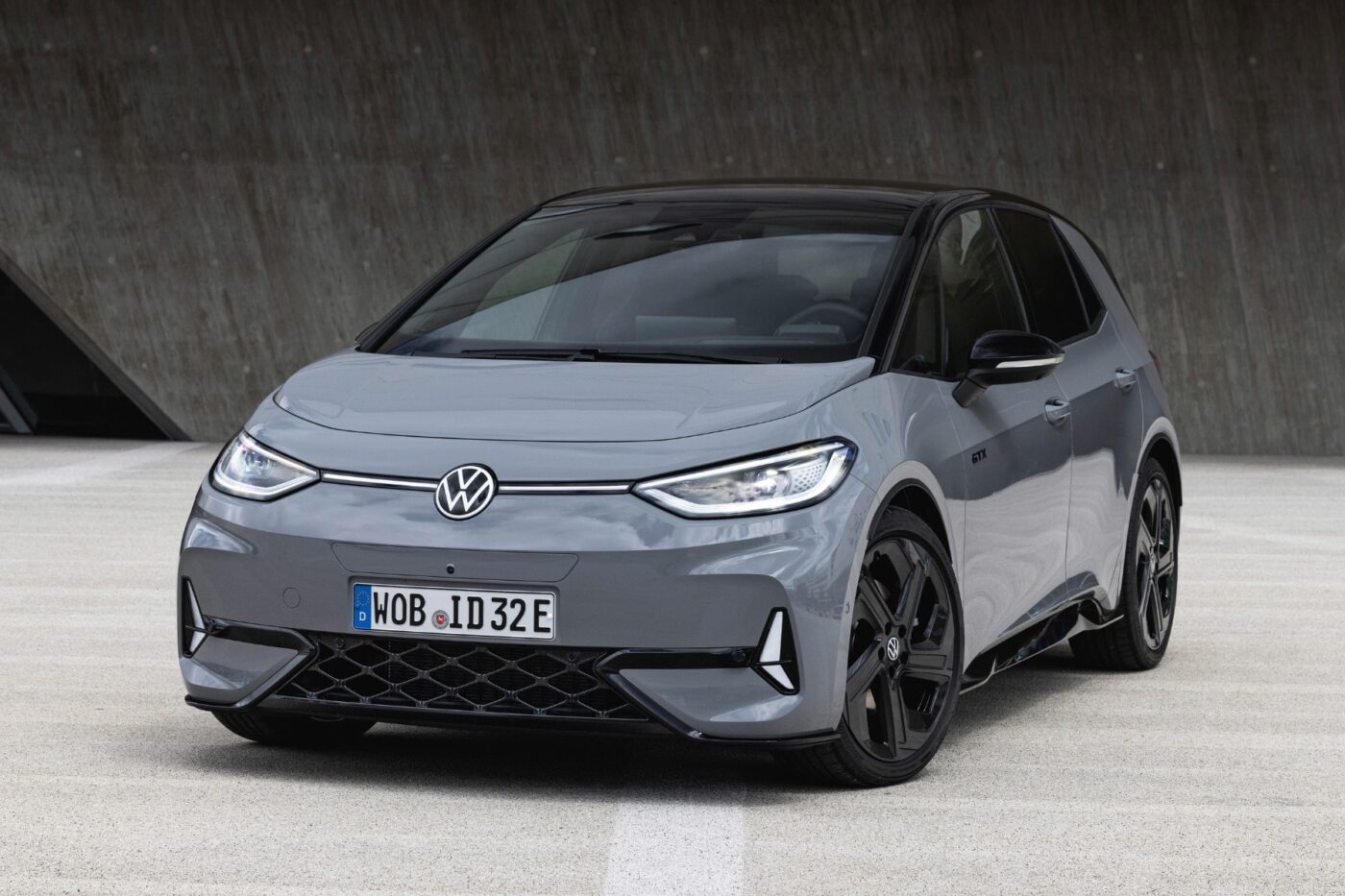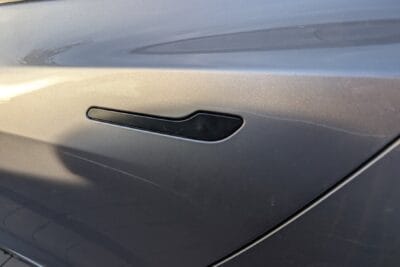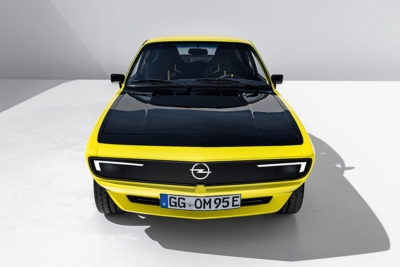VW dealers get lower margins on electric cars
From the beginning of 2026, Volkswagen Passenger Cars intends to offer its German sales partners a margin for BEV sales that is two percentage points lower than for the sale of combustion engines, as the German automotive publication Automobilwoche learned from dealer circles. The so-called base margin is six per cent in both cases. For combustion engines, there is an additional margin of four per cent, while for electric cars, this will only be two per cent in future. On top of this, there will be flexible remuneration for dealers in the form of bonuses.
The company has confirmed this in essence, but has not provided any specific figures. “It is correct that the margin structure for BEVs will differ in future from that in the traditional combustion engine business,” VW Germany boss Achim Schaible said. According to the report, this is not only the case at Volkswagen, but reflects an industry-wide development. “The entire automotive industry is undergoing profound change – this also has an impact on the logic of margins and bonuses,” Schaible continued.
According to the head of Volkswagen Passenger Cars in Germany, the new model should be an improvement on the status quo for dealers, despite the difference in sales compared to combustion engines. Under the agency sales model, which will remain in place until the end of the year, VW paid dealers four per cent as a fixed margin and two per cent as a variable margin for every electric car ‘brokered’. In the agency model, VW was the direct contractual partner of the customers, with the dealer acting solely as an intermediary agency. From 2026, electric cars will once again be sold via the traditional channel, with dealers selling electric cars to private customers and small businesses on their own account: the wholesale business will remain with agency sales.
Dealer remuneration is not only the income of the dealerships, but also their bargaining chip with customers, as dealers pass on part of the remuneration to customers in the form of discounts. Since the margin here is two percentage points lower than for vehicles with combustion engines, the leeway for electric cars is smaller. For vehicles with the same list price, dealers can therefore offer slightly higher discounts on combustion engines than on electric cars. Nevertheless, Schaible sees ‘new scope for individual pricing and offers’ for dealers compared to the current agency model.
However, there seem to be differing views on how effective the new sales model for electric cars really is. According to the report, while Schaible believes that “it is now up to the dealers,” the dealers themselves apparently doubt that the ‘new scope’ is sufficient to make an attractive offer to customers. The criticism centres on the high list prices: “Dealers have said that manufacturers are now being asked more than ever to offer competitive prices,” the report states.
The regulation only applies to the German market. Volkswagen’s home market is the manufacturer’s largest market in Europe and has a certain signal effect on sales in other countries.
automobilwoche.de (in German)
This article was first published by Sebastian Schaal for electrive’s German edition





0 Comments